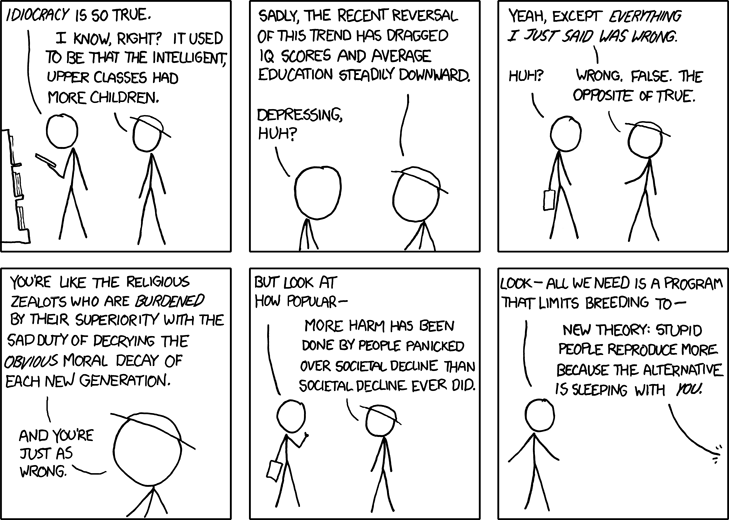This much I know: AC Grayling
Today I share a few pearls from philosopher AC Grayling, writing for The Guardian. A human lifespan is less than a thousand months long. You need to make some time to think how to live it. The democracy of blogging and tweeting is absolutely terrific in one way. It is also the most effective producer of rubbish and insult and falsehood we have yet invented. When I was 14 a chaplain at school gave me a reading list. I read everything and I went back to him with a question: how can you really believe in this stuff? Christian churches and Muslim groups have no more right to have their say than women's institutes or trades unions. The government has actively encouraged faith-based education, and therefore given a megaphone to religious voices and fundamentalists. Science is the outcome of being prepared to live without certainty and therefore a mark of maturity. It embraces doubt and loose ends. I'm not sure it is possible to think too much. You don't refresh your mind by partying in Ibiza. That single sentence: "science is the outcome of being prepared to live without certainty..." says more about my own views than an entire caffeine-fueled screed ever could. It's said that brevity is the soul of wit; those nine words illustrate that it can also be the soul of wisdom. Certainty seems to be the single most important thing that separates the devout believer from the atheist, the agnostic, the deist & the doubter. It's fine to say "my god, and my way of worshipping my god, will see me rewarded in the afterlife." I have no issue with that claim on the surface. But you can't be certain of it - certainly not certain enough to damn or pity people who disagree with you or dare to shine lights on the holes in your story. I can't be certain my direct ancestors had opposable big toes and could manufacture their own vitamin C or that our universe is thirteen billion years old, but that's the direction in which the evidence points - convincingly, with a giant pointy finger. No, I'm not certain at all, but that's where I'm putting my money. The holes in those converging storylines are not nearly as glaring as those present in the many, certain alternatives - and they're getting smaller all the time. All those from the "certainist" camp can do is rationalise (ironically enough) the size, shape and positioning of their holes - or look at their stories from such an angle that the holes aren't visible. Well, I prefer a story that makes sense no matter how you look at it.

 Almost nothing annoys me more than the bemoaning of the future as an immoral, uneducated, unenlightened time. Many people- of both conservative and liberal ideologies- call up sunny images of a past where people were happier, smarter and "better". Usually we can point to political and technological advancements that demonstrate this is not the case.
My deeply-held belief is that the future is bright and brimming with promise, that today's youth are not hopeless or devolved, and that new fangled technology will not cause the collapse of our species. When bad things arise, we are tempted to look to the past with a fond and foggy nostalgia- as if fundamental human problems were not always the same. Bringing apocalyptic rhetoric into the discussion of modern problems is inappropriate, I think, because every generation has its big, scary troubles. As this comic advises, we should always look to the evidence and not catastrophize.
Almost nothing annoys me more than the bemoaning of the future as an immoral, uneducated, unenlightened time. Many people- of both conservative and liberal ideologies- call up sunny images of a past where people were happier, smarter and "better". Usually we can point to political and technological advancements that demonstrate this is not the case.
My deeply-held belief is that the future is bright and brimming with promise, that today's youth are not hopeless or devolved, and that new fangled technology will not cause the collapse of our species. When bad things arise, we are tempted to look to the past with a fond and foggy nostalgia- as if fundamental human problems were not always the same. Bringing apocalyptic rhetoric into the discussion of modern problems is inappropriate, I think, because every generation has its big, scary troubles. As this comic advises, we should always look to the evidence and not catastrophize.